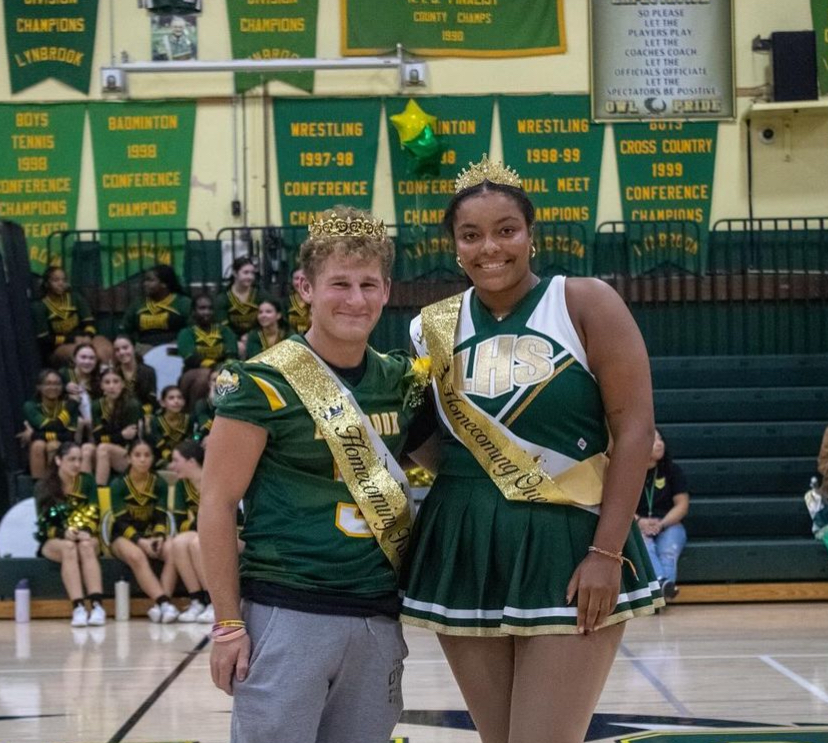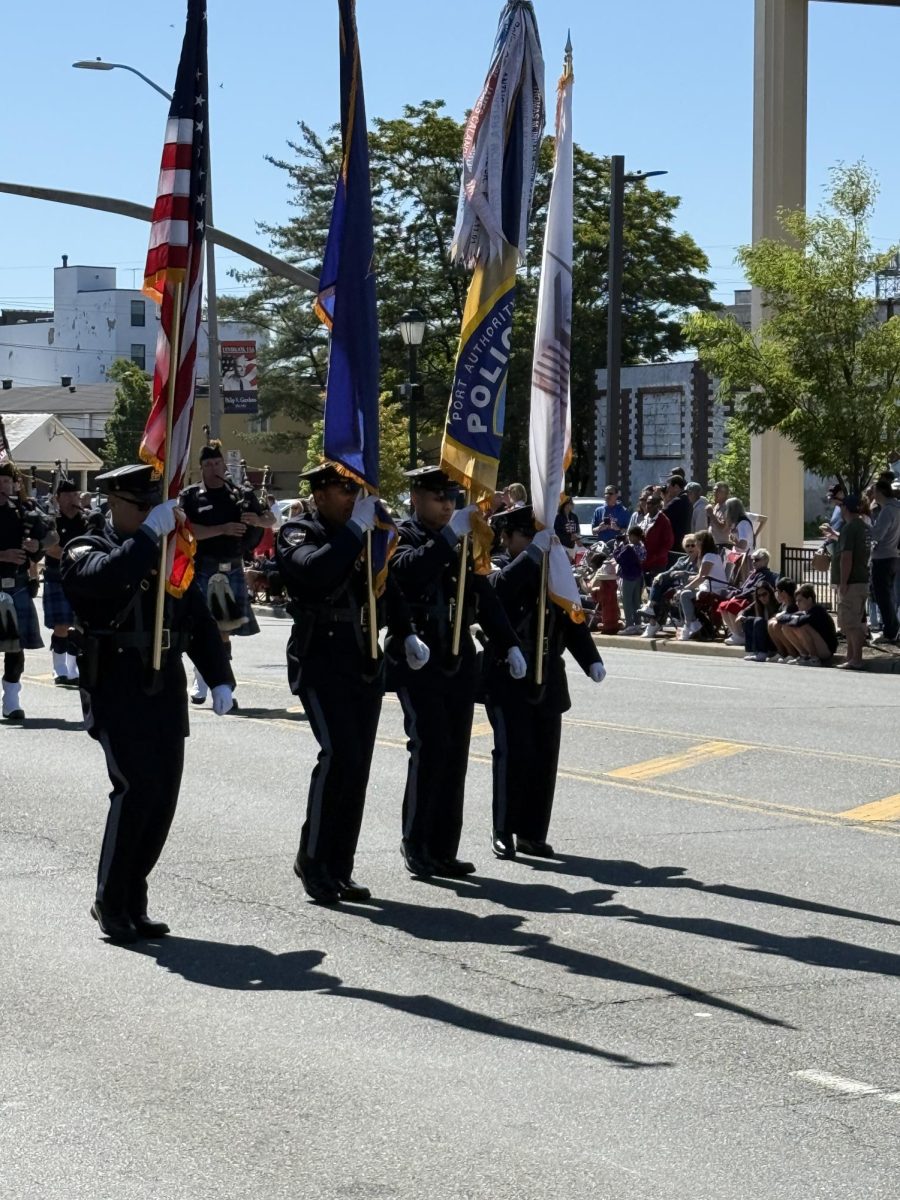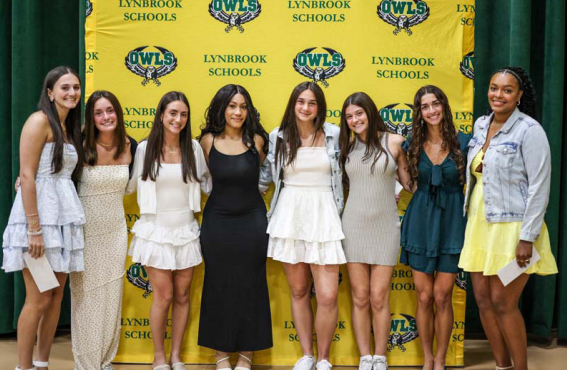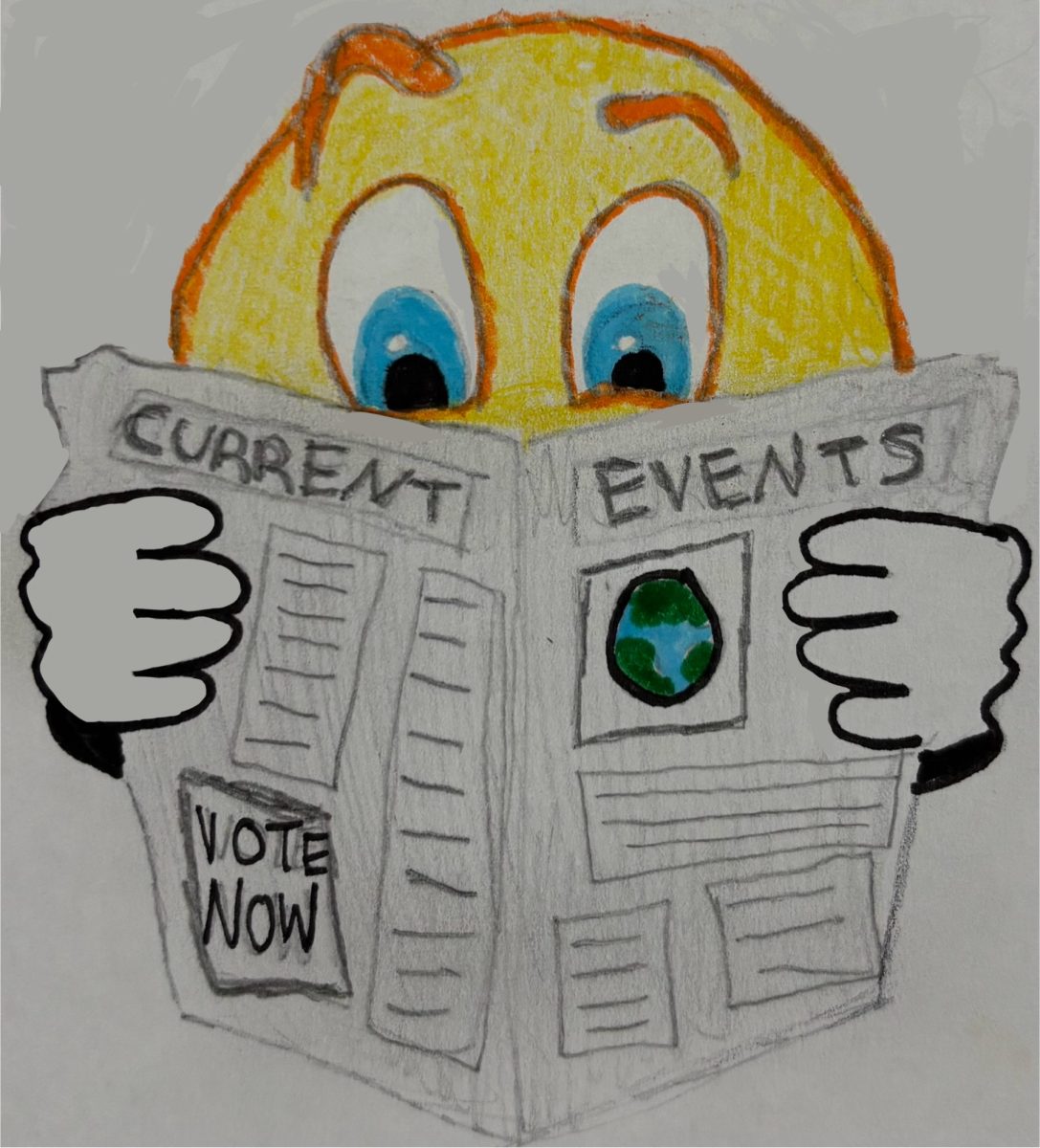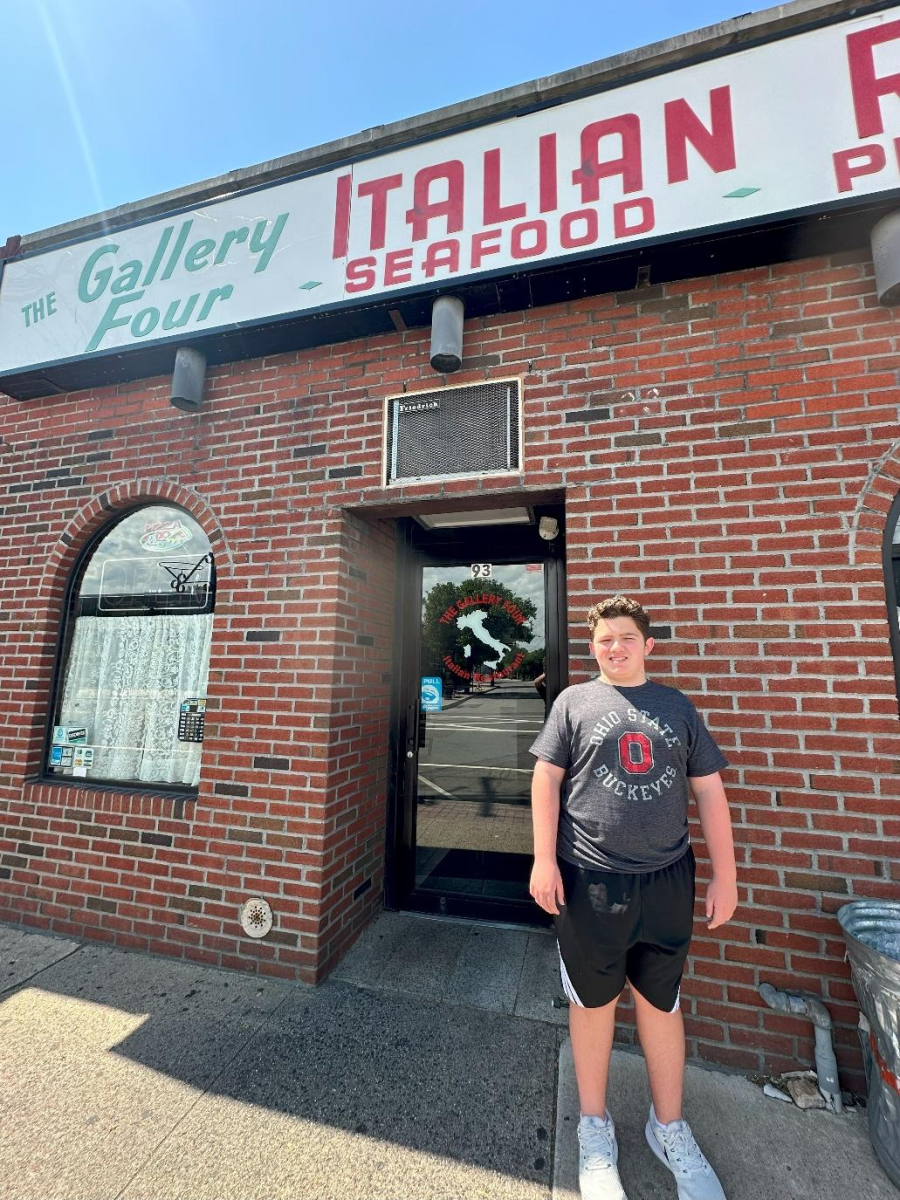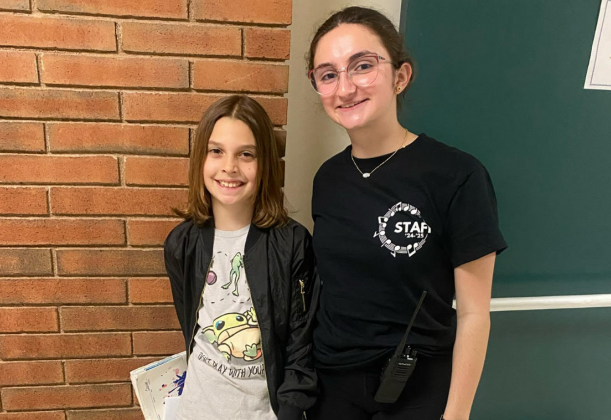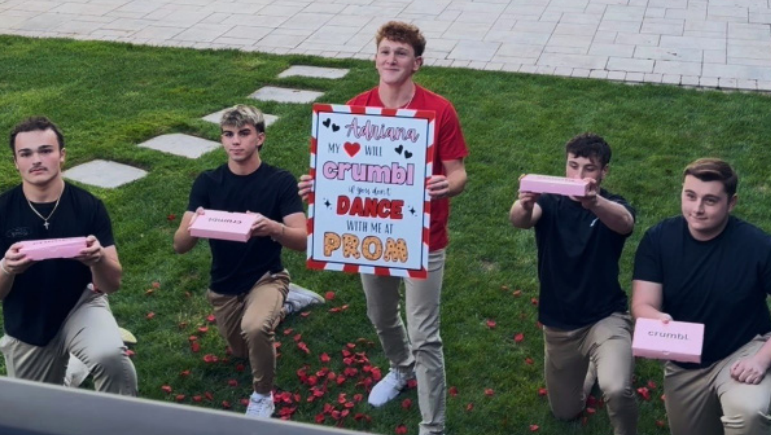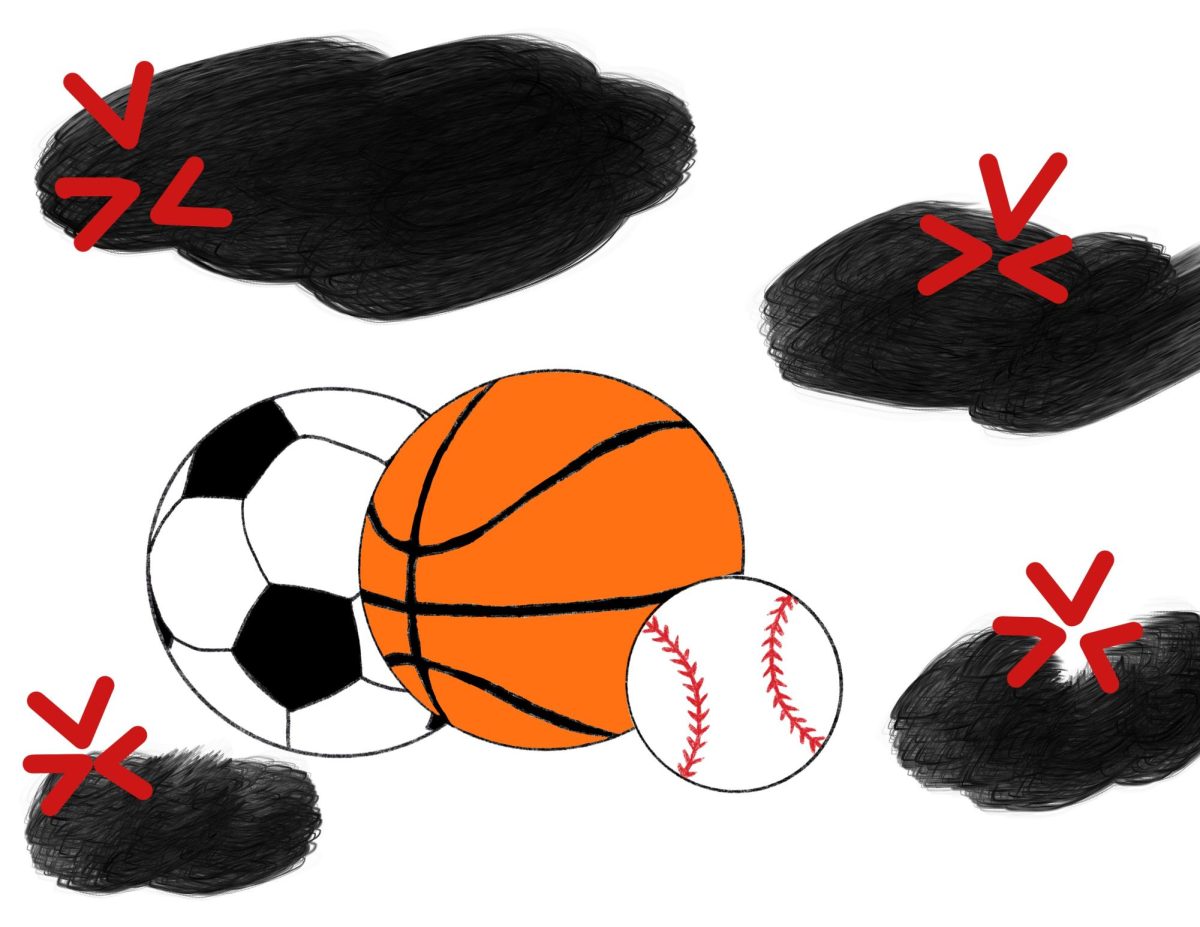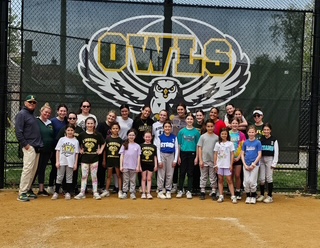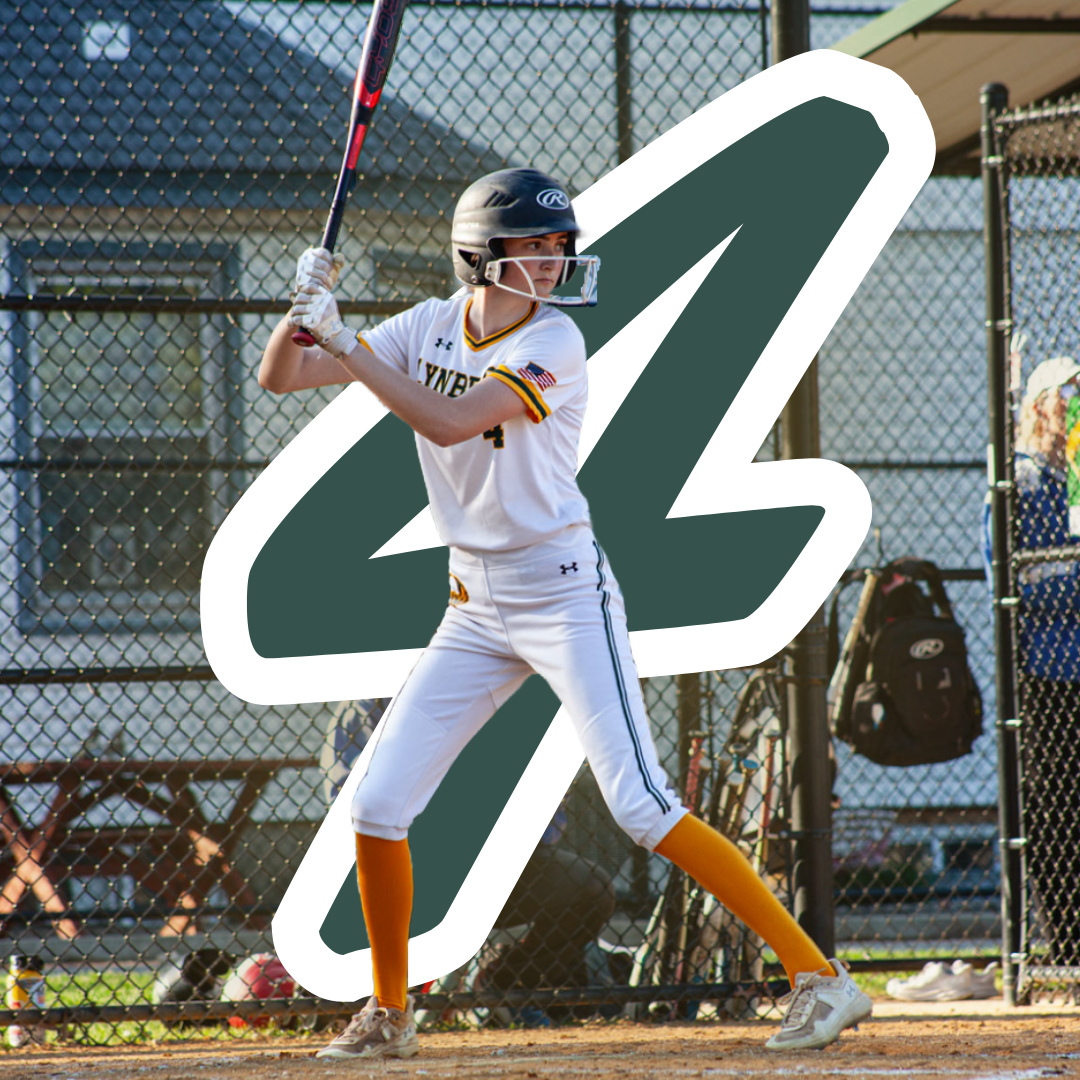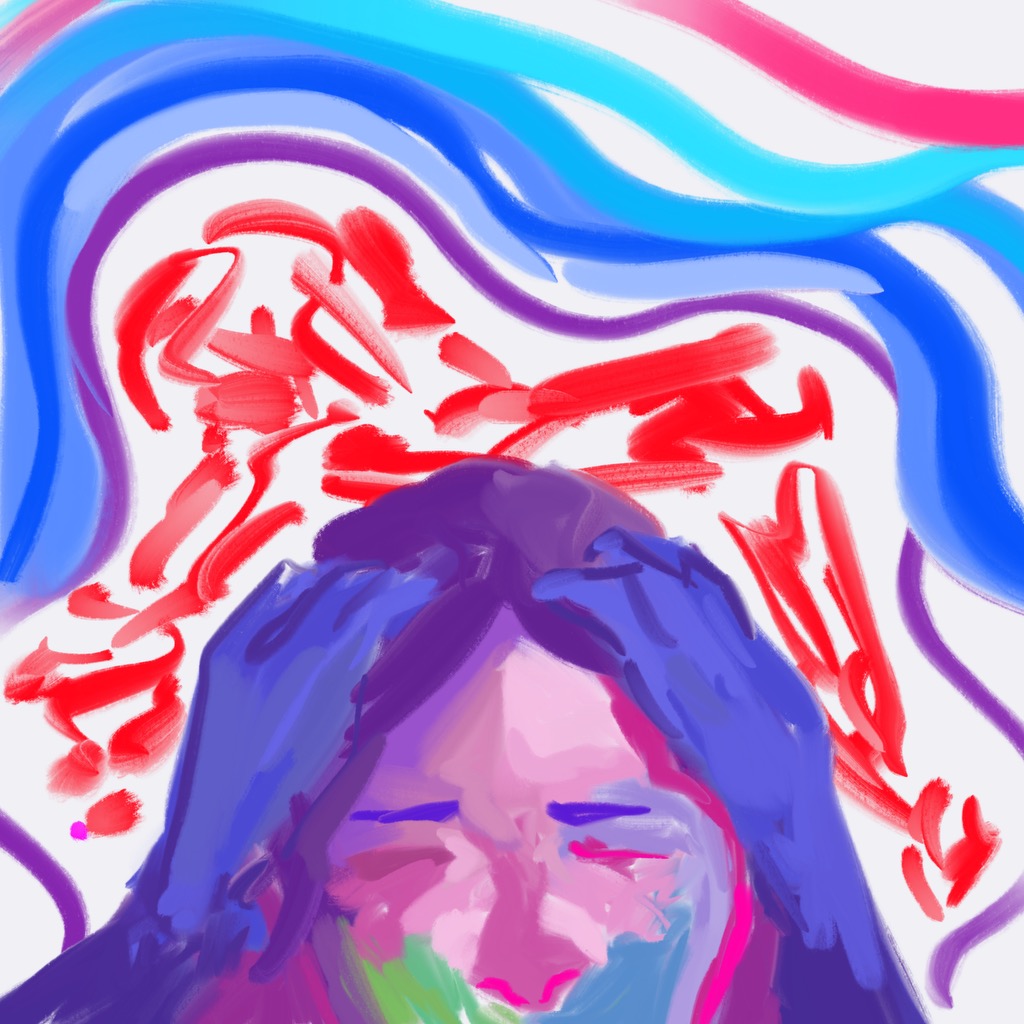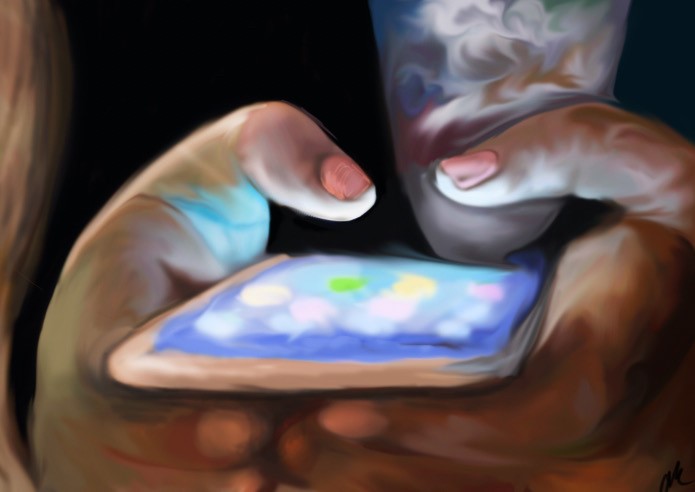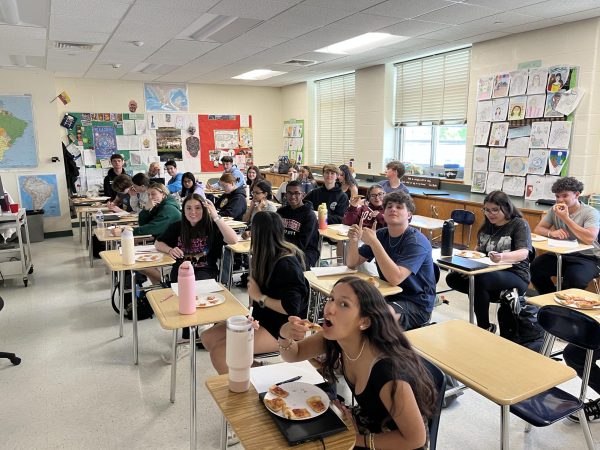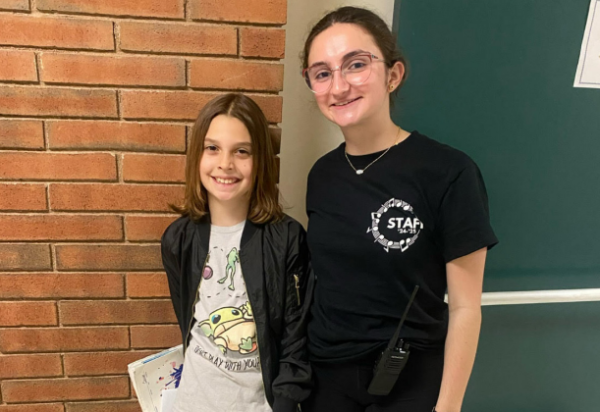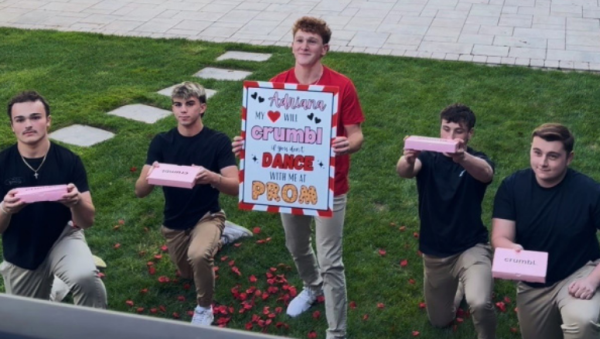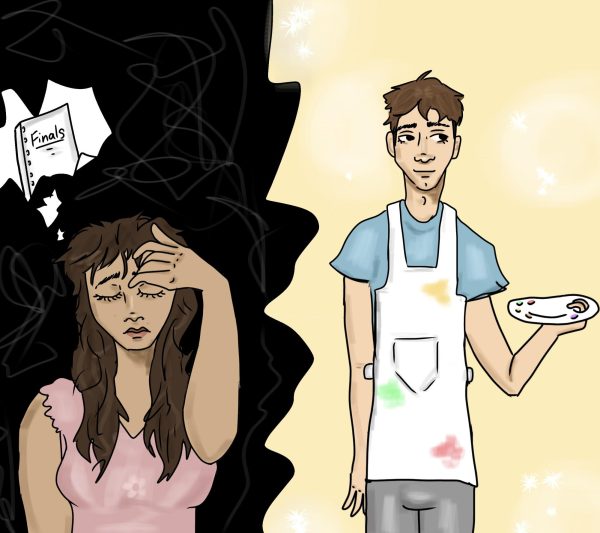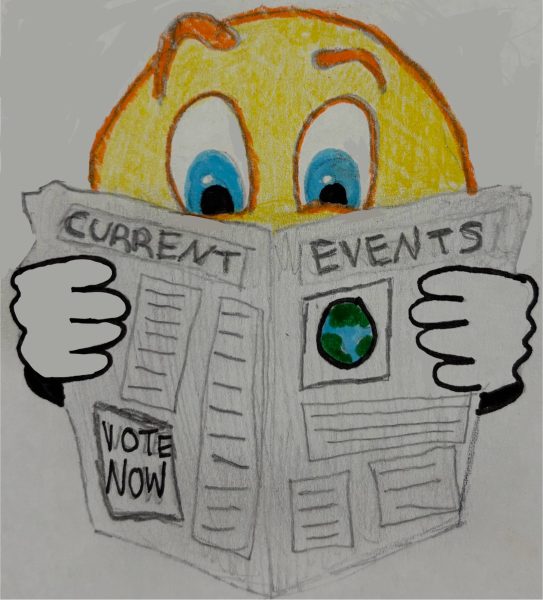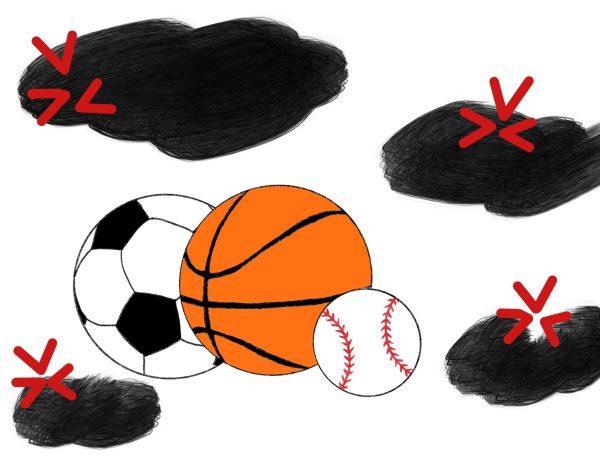Social Media’s Effect on Teenage Political Views
Instagram, like many other social media platforms, is an excellent way to communicate with others and spread information. In recent years, it has transformed into a mega platform to spread political news to the app’s primarily youthful demographic. Currently, the Instagram hashtag “#politics” has over seven million posts under it, with more niche and popular hashtags like “#uscapitol” and “#impeachment” gaining over 160,000 and 415,000 posts, respectively. The latter two likely saw a drastic increase in use, in light of current events. These statistics reflect today’s teenagers’ awareness about politics and the incredibly large role that social media plays in shaping political opinion.
While most teens use social media to receive their news, some make the news. In particular, the months leading up to the 2020 presidential election saw many influencers and average teenagers, alike, open up about their political views. One may find much of this politically-driven content through virtual communities like “The Republican Hype House” or “The Democrat Hype House” on the popular video-sharing app TikTok. But, is teenage involvement in politics a positive change, or can it lead the country down a dangerous path?
“I think teenagers getting involved in politics is extremely healthy,” said junior Colin Lung. “We are the next generation and the future of this country.” Lung believes that teenagers being educated through social media is a step towards improving the nation, since educated teenagers will inevitably become educated voters. Lung also thinks that teen involvement will be a long-lasting change. “As social media is becoming more and more popular, teenagers will slowly start to keep up with politics and develop certain political opinions. However, I think many teenage political opinions are sometimes uneducated, biased, or affected by outside factors,” he said.
The Pew Research Center reported on Jan. 15 that social media users under 30 years old form most of their political views on media applications. Senior Camilla Bahri can attest to that statistic: “I mostly receive my political news from social media,” she said. “I feel like I always find out about things from something that another person reposted or is talking about.” Indeed, social media features such as sharing and reposting make spreading political information an easy feat. Sophomore Kaitlyn Schafer said, “I think social media is a good way to get your voice out there and talk to other people on politics, and maybe, even, change people for the better.”
However, social media sites are no stranger to misinformation and hate speech, both of which could have an extremely harmful effect on young people. Misinformation is susceptible to being spread on social media due to what designers call a “flow,” when viewers receive constant gratification, such as likes, comments, and shares on their posts, but do not go further as to research the veracity of political claims, as reported by The Atlantic. This gratification can produce an increase of dopamine, a hormone that produces feelings of pleasure, and jade people into believing whatever they read, without a second thought.
As stated before, these platforms are youth-dominated and have a high risk of spreading false or biased information. Teenagers, as reported by the Huffington Post, are at greater risk of being influenced by social media than adults because their brains are still in the process of developing, particularly in the regions where neurotransmitters like dopamine are active.
Since social media posts usually contain extreme bias, where should teenagers search for neutral political news? While it is okay for teens to learn about politics from social media, they should take the extra step of researching how true political claims are. One solution is to diversify one’s news sources: look for companies or news sites that take on a different perspective from the one usually seen on Instagram. This way, one can understand the political climate from many different perspectives and gain a more neutral outlook on politics, overall.
Despite political beliefs, social media is a convenient way to stay informed about political occurrences. However, teenagers should be wary of biased and untruthful news sources and should consult more than one news outlet to be aware of other perspectives. Remember, not everything one reads on the Internet is true.

Hey you! Thanks for checking out my profile. I am a member of the Class of 2024 and a storyteller at heart. I love to spend time with my family and friends,...

